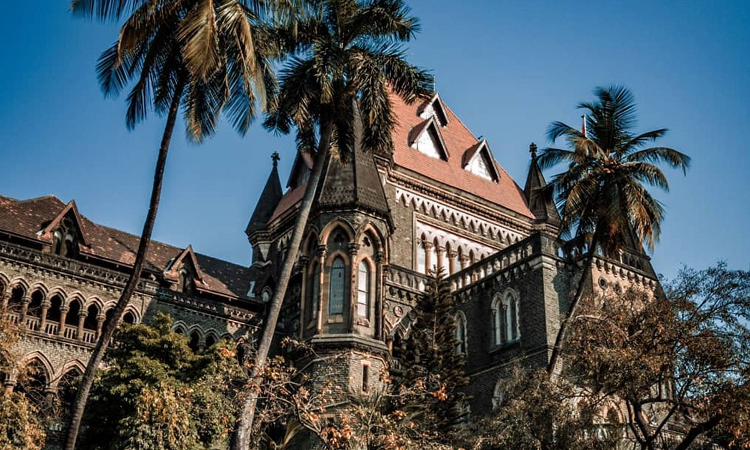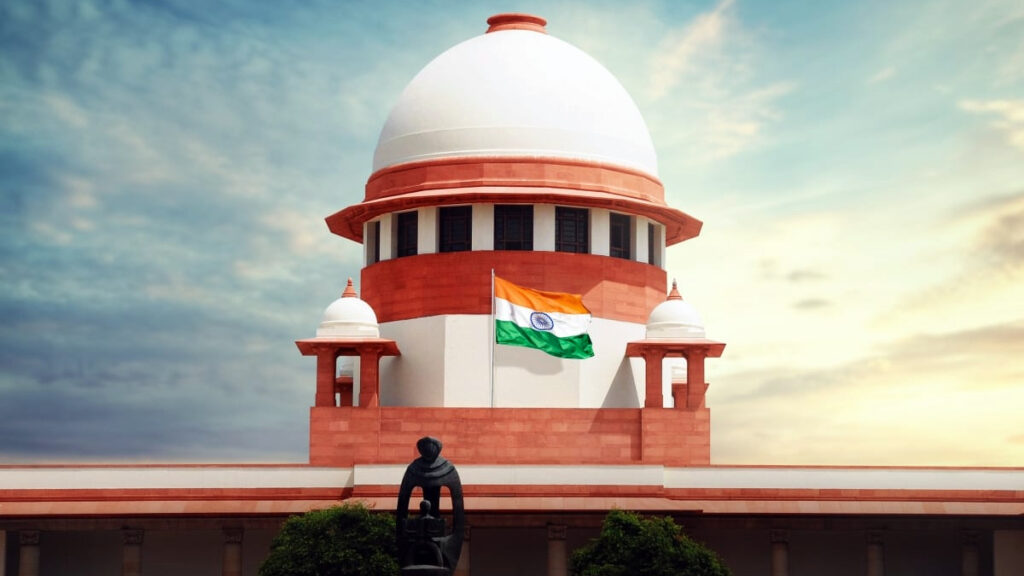
Ruling of the Bombay High Court on offenses stipulated under the Information Technology Act and the Indian Penal Code
Last Updated on April 18, 2024 by News Desk
Issues:
- The Information and Technology Act (IT Act) and the Indian Penal Code (IPC) disagree on how crimes should be punished.
- deciding whether law, the general law (IPC) or the specific legislation (IT Act), applies when both deal with the same offense.
- defining the circumstances under which the special law provision applies more than the general law provision where the special law provision does not fully address the violation.
Facts of the Case:
The Bombay High Court recently discussed whether the IT Act’s penalties come first under the IPC or the latter. The court clarified that although the special law usually takes precedence over the general law, there are instances in which the special legislation may not fully address all aspects of the violation. In one instance, the court looked at a case where Sections 43, 66, and 72 of the IT Act were used in combination with Sections 406, 408, and 420 of the IPC to justify the same activities.
Arguments and Reasoning:
The court stressed that the IPC provision still applies if any component necessary for an offense under the IPC is missing from a conduct that is criminal under the IT conduct. Interestingly, several components that are necessary to constitute offenses—like dishonesty and common intention—are included in the IPC but absent from the IT Act.
The IT Act does not have components that are essential to offenses under the IPC, such as dishonesty and common intention, as the court pointed out. Thus, crimes with a common aim or involving deception are covered by the Indian Penal Code, not the Information Technology Act.
Conclusion:
The court concluded by ruling that both the IT Act and the IPC may be used concurrently in cases where the former lacks provisions for crucial components of an offense covered by the latter. With this ruling, the relationship between the IT Act and the IPC is made clearer, ensuring that criminals are prosecuted according to the full extent of the laws that apply to their conduct.
Written By: Nikita Shankar @nikitaashankar




